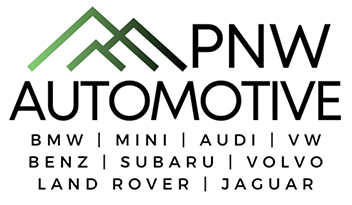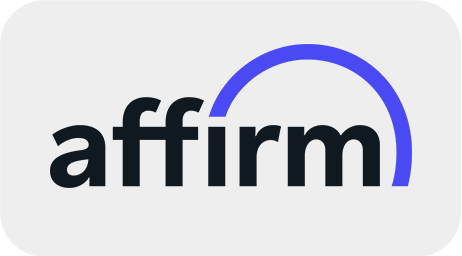Welcome to PNW Automotive, where European auto repair excellence is not just a service, but our passion. Nestled in the scenic town of Astoria, OR, our expert technicians are dedicated to keeping your European vehicles running like new. We understand that European cars are marvels of engineering and design, requiring specialized care and attention to detail, which is why we’re here to guide you through everything you need to know about maintaining these high-performance vehicles.
Whether you're a seasoned European car enthusiast or a new owner, it's essential to grasp the uniqueness of European automobiles. These vehicles are renowned for their advanced technology, intricate designs, and unrivaled performance. However, such sophistication also demands a deeper level of expertise and understanding, which is where PNW Automotive steps in – right here in Astoria, OR.
Understanding the Differences: European vs. Non-European Autos
European cars are distinct in their engineering and design. Brands like BMW, Audi, Mercedes-Benz, and Volkswagen emphasize precision, luxury, and performance. Compared to their non-European counterparts, these vehicles often come with advanced technology, requiring specialized diagnostic equipment and a keen understanding of complex systems.
At PNW Automotive, our Astoria location is equipped with state-of-the-art diagnostic tools tailored specifically for European vehicles. This ensures that we can accurately diagnose and address any issues your car might face, maintaining the integrity and performance you expect from European engineering.
Regular Maintenance: The Key to Longevity
Consistent maintenance is critical in prolonging the life of your vehicle. European cars often have specific service intervals more frequent than non-European vehicles, which include oil changes, brake inspections, and electronic system checks.
In Astoria, OR, PNW Automotive is your go-to European auto repair shop for scheduled maintenance. Our technicians are trained to handle the advanced complexities of European vehicles, ensuring each component is meticulously checked and serviced. From timing belt replacements to transmission services, our mastery ensures your vehicle runs smoothly.
Common Issues in European Cars
While these vehicles are known for their reliability, certain common issues might arise. Understanding them can save you from potential headaches. For instance, many European cars experience issues related to their electronic systems or suspension components.
At our Astoria shop, we regularly deal with such problems, offering solutions that are efficient and effective. Our technicians apply their extensive experience to identify issues quickly, providing repairs that uphold the quality you expect from top-tier European vehicles.
The Role of Genuine Parts in Repairs
Using authentic parts is crucial when servicing European cars. These parts are specifically engineered to meet the rigorous standards of luxury and performance. At PNW Automotive, we source genuine parts for all our repairs and services, ensuring that your car retains its original quality and precision.
This commitment to quality not only preserves the performance but also enhances the resale value of your vehicle. Our Astoria, OR shop prides itself on delivering exceptional service with parts that match the exact specifications of your European car.
Why Choose PNW Automotive in Astoria, OR?
Our dedication to excellence and customer satisfaction sets us apart. At PNW Automotive, we strive to provide a seamless and stress-free automotive care experience. Our team of experienced professionals understands the nuances of European cars, offering personalized solutions tailored to your vehicle's needs.
Located conveniently in Astoria, OR, we invite you to experience the difference expertise makes. Our comprehensive approach to European auto repair ensures that your vehicle receives the world-class treatment it deserves, keeping it performing at its best.
When you choose PNW Automotive, you're not just choosing a repair service; you're entering a partnership aimed at enhancing your driving experience with every visit. Discover the dedication and skill that makes us the trusted choice for European auto repair in Astoria, OR. Schedule an appointment today, and let us help you keep your European car in perfect harmony with its exceptional design and legacy.








